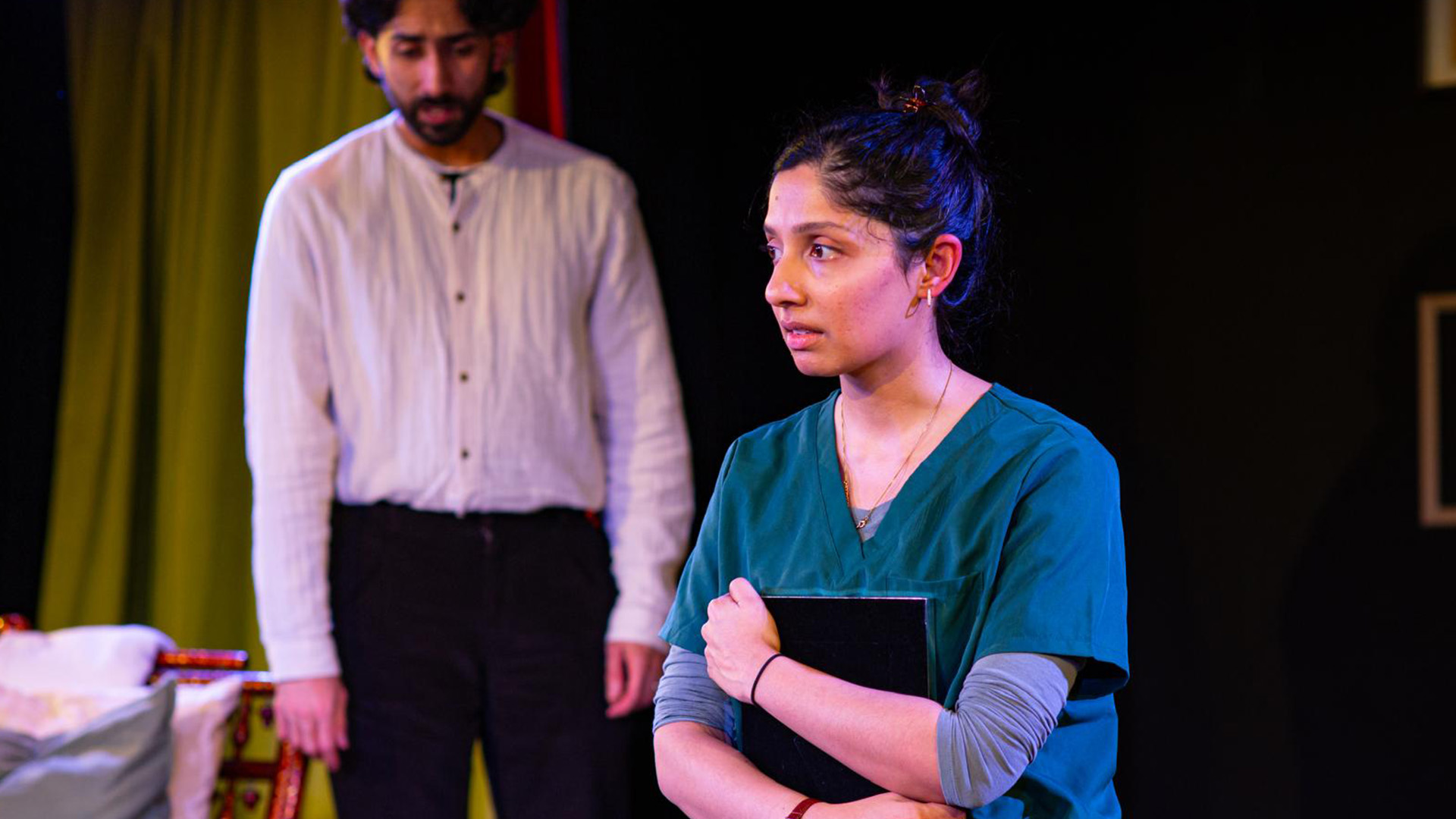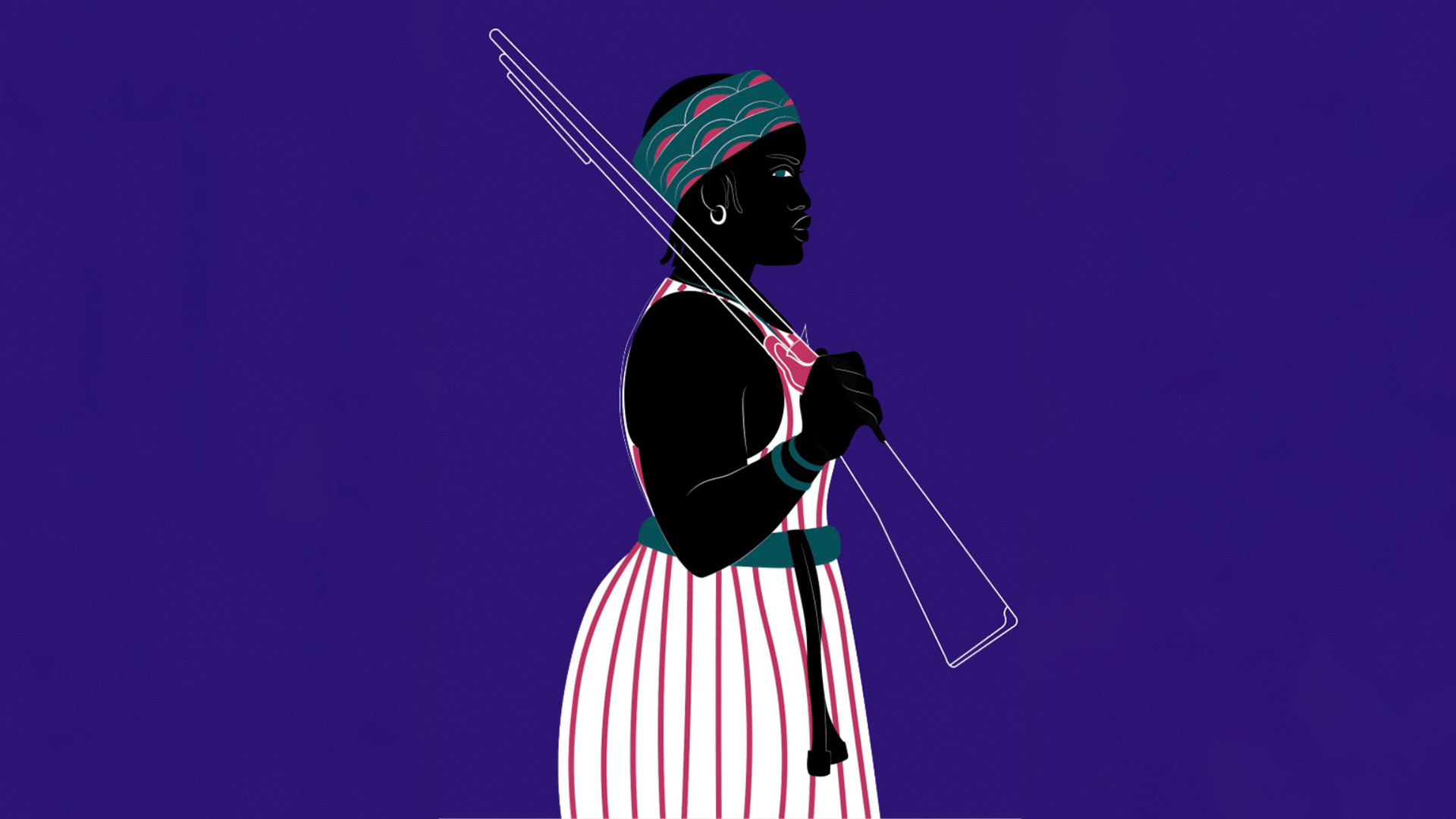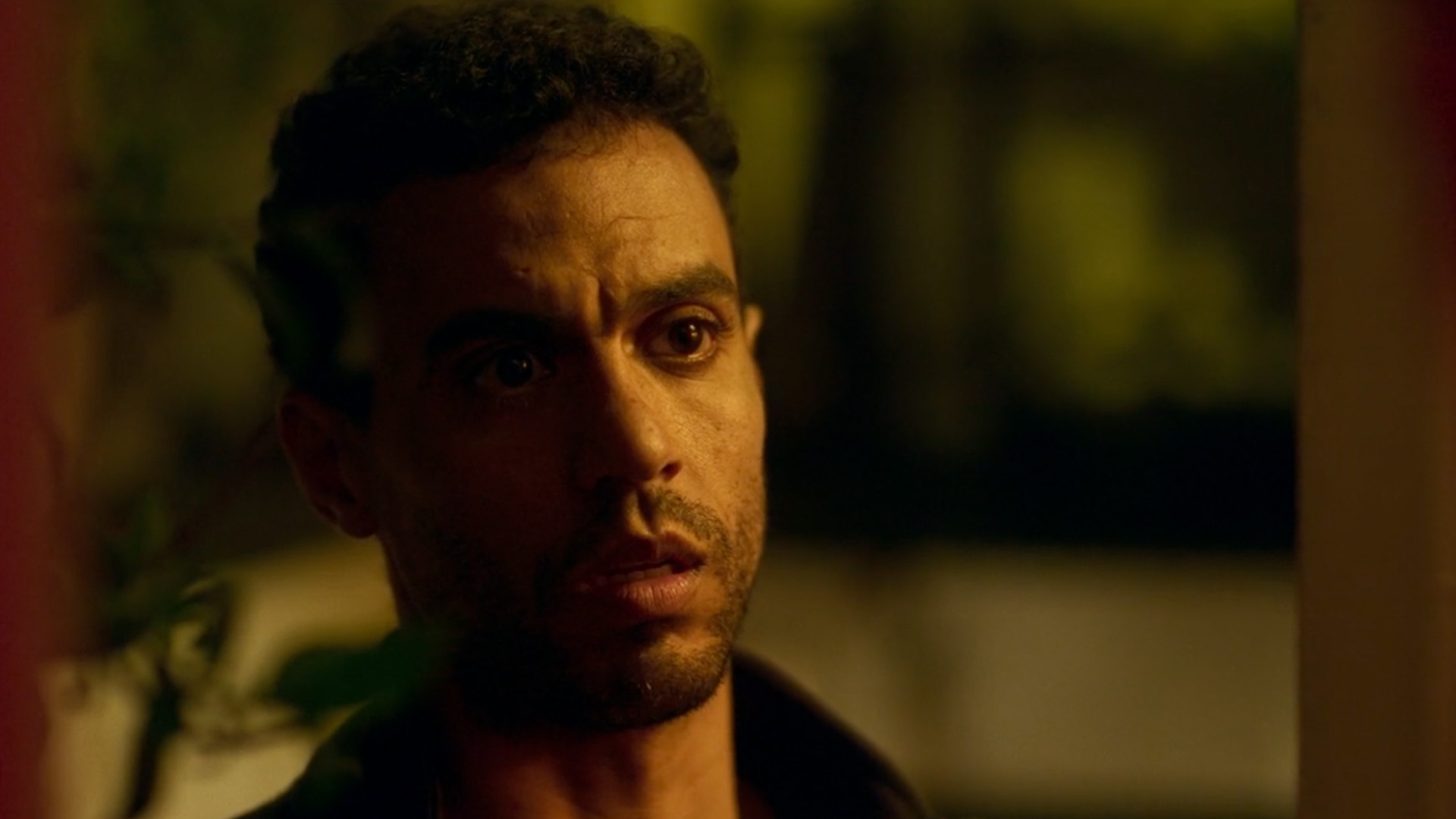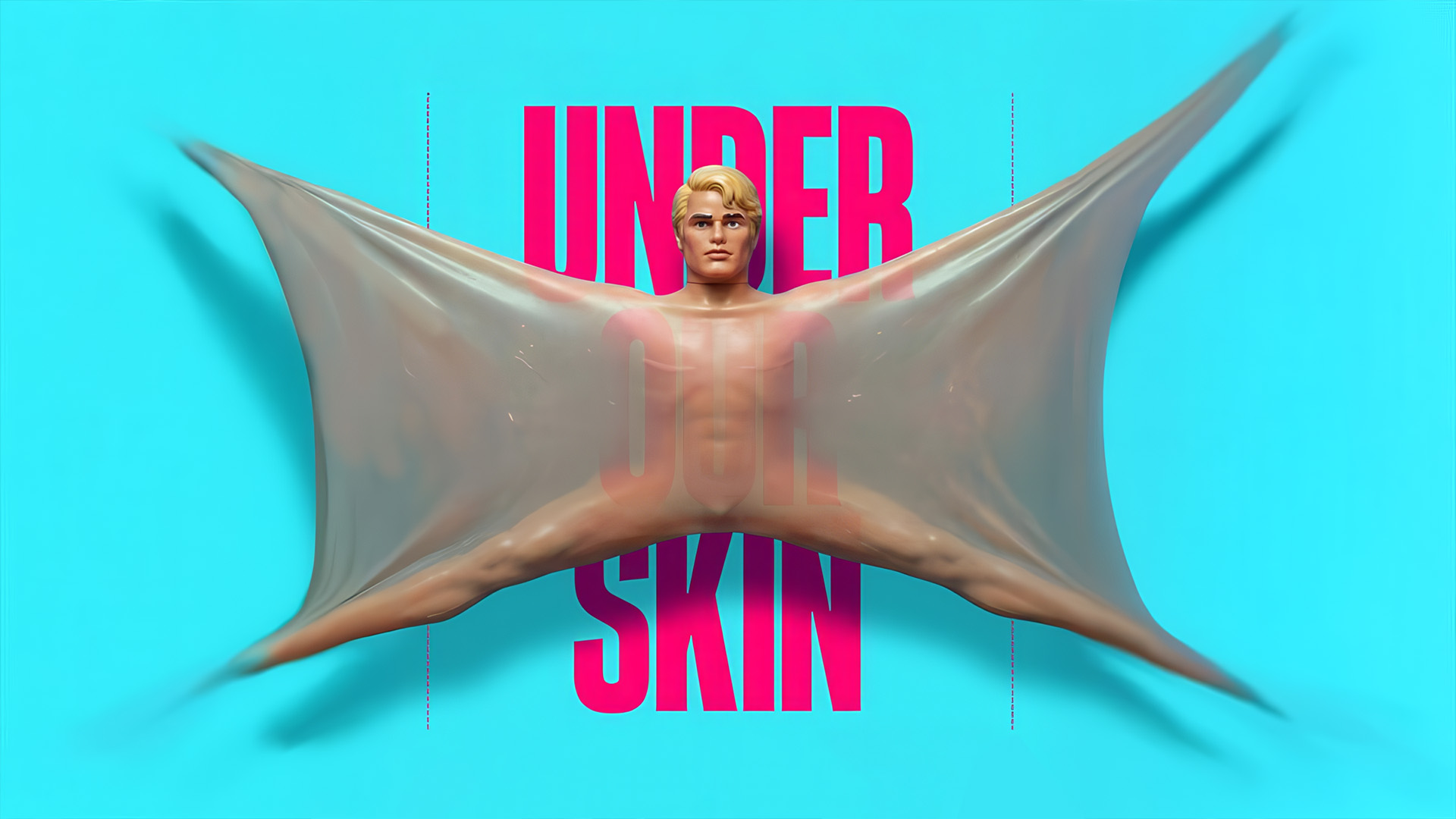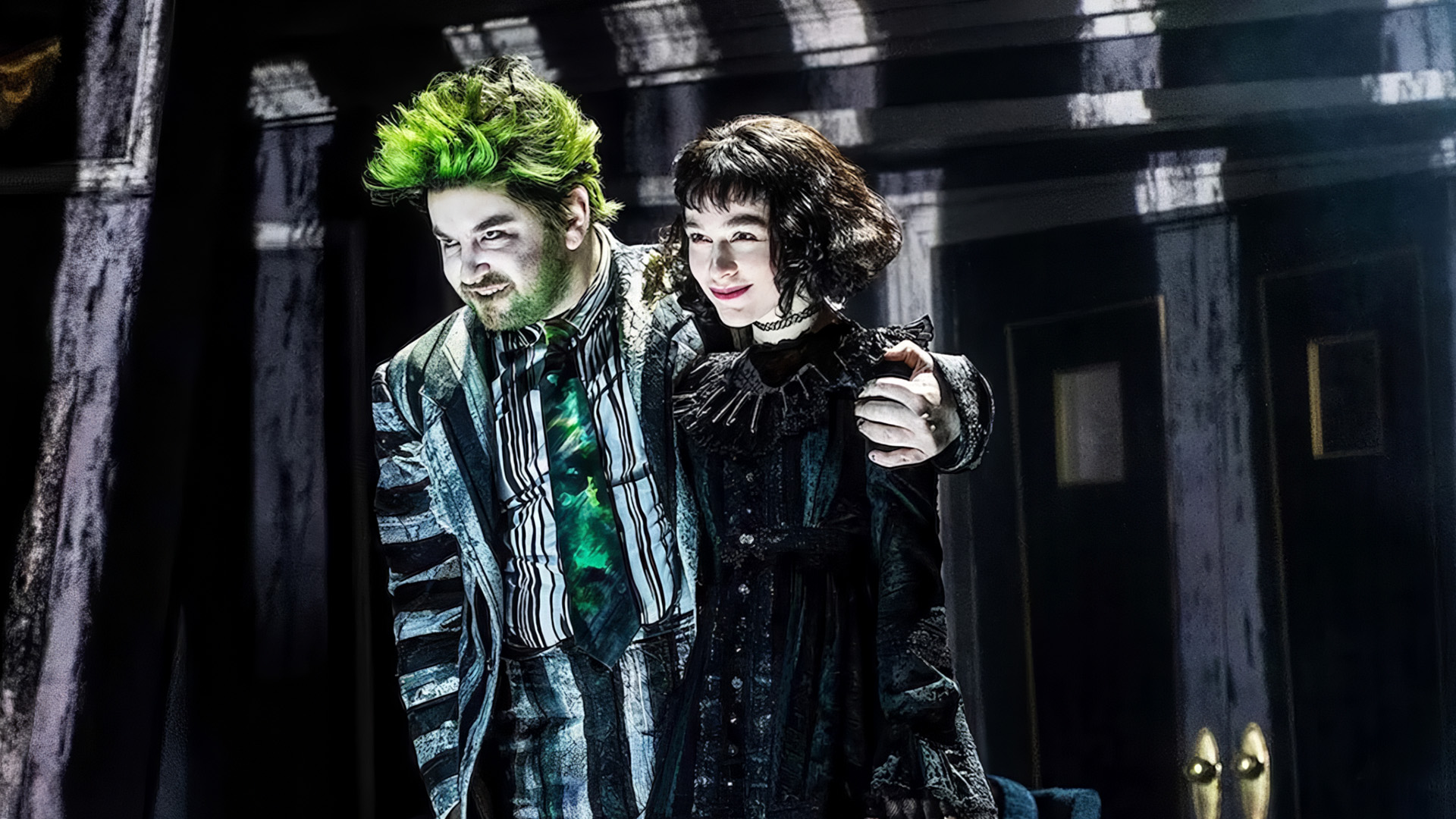Interview with Anthony Schatteman on Young Hearts and True Love
Anthony Schatteman shares the personal journey and creative process behind Young Hearts in an exclusive Flicker Magazine interview.
Interview with Anthony Schatteman on Young Hearts and True Love

On an August evening in London, Anthony Schatteman stepped onto the stage at Curzon Bloomsbury after a screening of his debut feature Young Hearts. The audience had just watched a gentle and hopeful story about two boys meeting, falling for each other and being allowed to be themselves.
The film premiered in the Generation Kplus section at the Berlin International Film Festival earlier this year, where it received a Special Mention from the Children’s Jury. Since then it has travelled to more than sixty countries, from Mexico to Indonesia. With its UK release on 8 August, it is now finding a new audience.
Born in 1989 in Belgium, Anthony studied at KASK School of Arts in Ghent and later earned a Master’s in Film Studies and Visual Culture from the University of Antwerp. His short films Kiss Me Softly, Follow Me and Petit Ami explored themes of identity, longing and self-discovery. Young Hearts is the film he says he wished he could have seen when he was growing up.
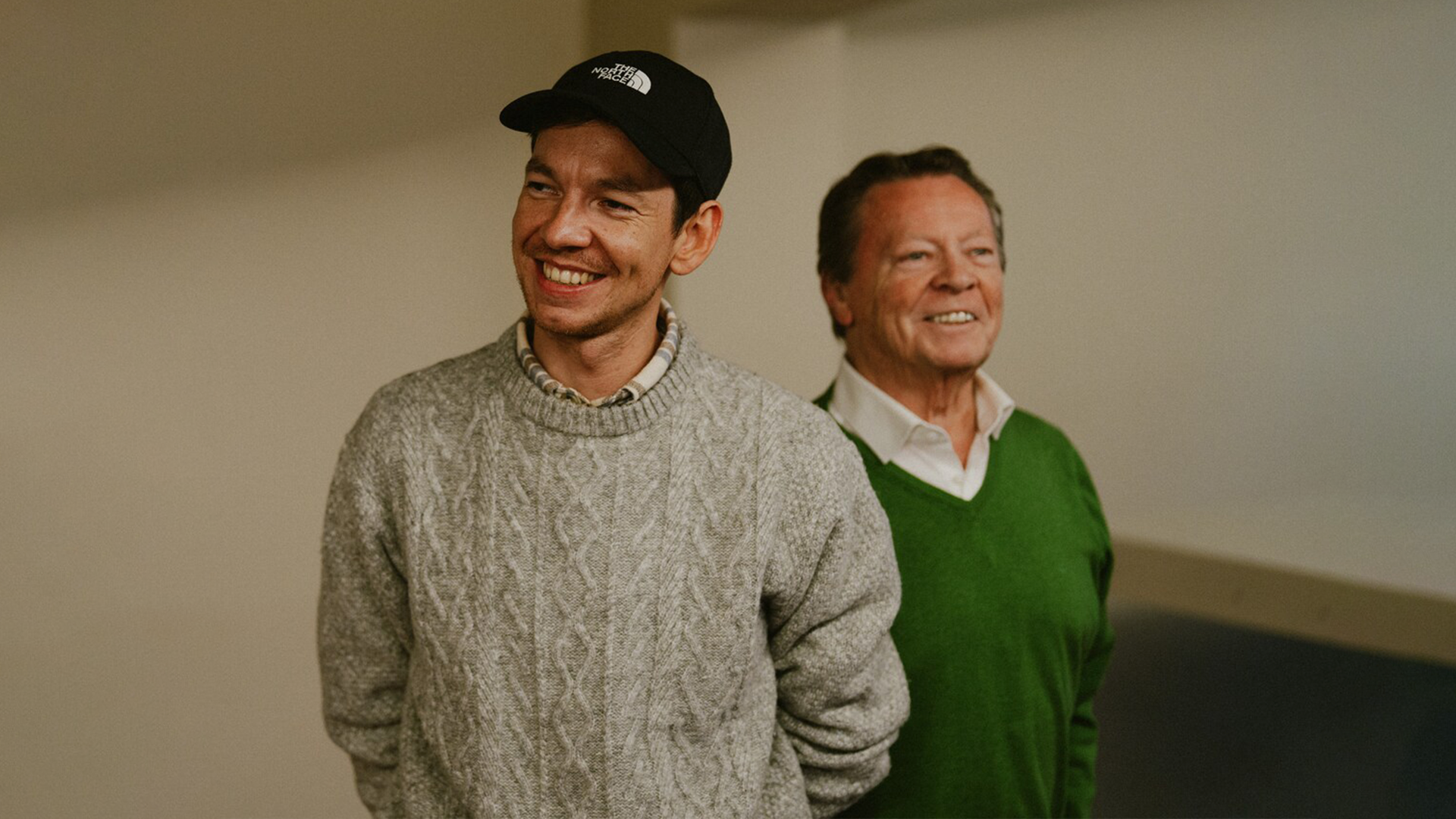
Q: What inspired the connection between Elias and Alexander?
Anthony Schatteman: I really wanted to make a romance, a love story innocent enough for a young age. I am hopelessly romantic and I wanted to give kids an example that shows it is okay to be yourself. Growing up, all the romantic films I loved were between a boy and a girl. Why was there never an example for me of two boys falling in love? I always felt like the outsider and decided to make the Disney version of the story I needed.
I created Alexander as someone who was already the person Elias was not at the beginning. Someone free and open-minded, with no trouble showing who he is. The contrast between Alexander’s big city life in Brussels and Elias’s small village shows how surroundings shape you. I also grew up in a small village and felt like the outsider. There was only one gay person, a teacher at my Catholic school, and everyone made fun of him. I did not want that to happen to me.
Q: What does true love mean to you in this story?
Anthony: I experienced true love for ten years with my first boyfriend. We were really happy together and I always felt safe with him. For me, true love is about being completely yourself with the person next to you. I wanted to give that dream to kids who feel they will never be accepted. Many people tell me they had given up on dreaming about love, but this film made them dream again.
Q: The film feels both like a romance and a journey of self-acceptance. Which was more important to you?
Anthony: Both. The romance was essential to make Elias start thinking about who he is and who he wants to be. Without Alexander, the whole struggle of coming out would not have been there.
Q: How long did it take to write the script, or have you been writing it since you were twelve?
Anthony: Maybe yes. At first, the story was not about me or my family. But during the writing I felt ready to go back. It is all shot in the street where I grew up, in my school, in the places where I biked. It was like a therapy session. My parents and brother were on set almost every day.
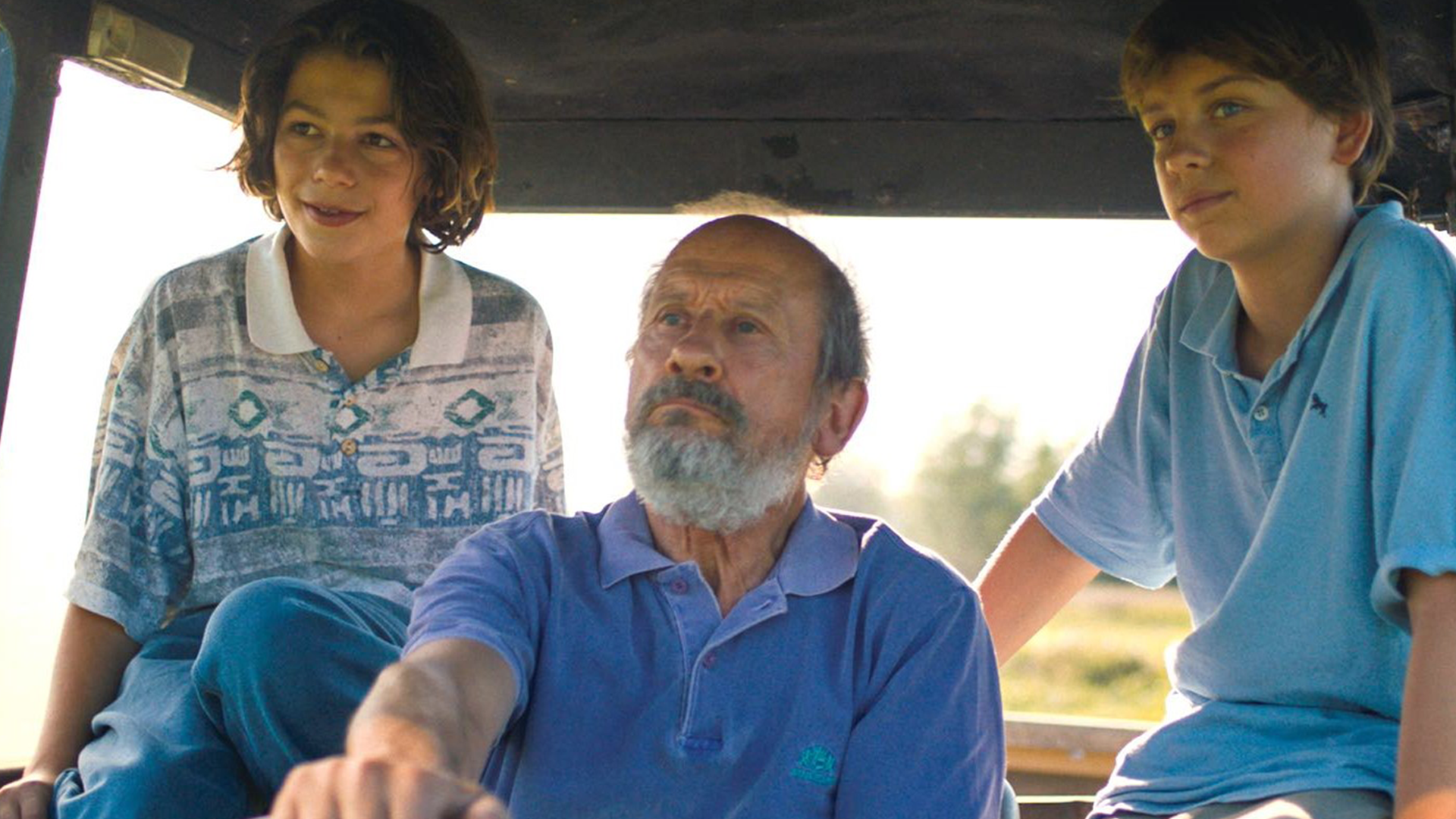
Q: How did it feel to shoot in your childhood school and village?
Anthony: On the first day we filmed in Elias’s bedroom and kitchen. The room was decorated with my own paintings and bed linen from my mom’s house. It was like stepping into my past. I wanted to create the story I did not have, and I wish I had been brave enough like Elias to tell it at that age.
Q: How did you find actors to capture that innocence?
Anthony: We saw about 1,500 boys. We were not casting for an age but for innocence. We found Marius in a Brussels school and four days later Lou came in. I saw a connection between them immediately.
From the start, we worked with my friend Oliver, a child therapist and psychologist. He helped them talk about emotions and created a safe space. We never asked them if they liked boys or girls, it was not important. What mattered was that they understood the story.
Q: What surprised you most about working with Lou and Marius?
Anthony: Their maturity. They never cared what people thought about their sexuality. They were comfortable showing vulnerability, even kissing another boy. They brought up the subject of masculinity themselves, talking about how their generation does not need to be rough or macho to be noticed.

Q: How did you know they could carry such a delicate story?
Anthony: During casting, they improvised and understood the heart of the film. The chemistry between them was clear. I even invited my friend Lukas Dhont to watch them, and he agreed they were the right choice.
Q: You have said the car scene was especially emotional. Why?
Anthony: I always became emotional reading it aloud, but when Lou and Emily performed it, I saw my own mother. We filmed it only once. I had to be alone afterwards to process it. Later that day, my mom and I shared an intimate moment in our kitchen.
Q: You mentioned skipping rehearsals and letting emotions guide the scene. Why did that feel right?
Anthony: I have worked with children on set for a long time and I have seen how learning lines can make performances feel stiff. I prefer to explain the emotional goal of a scene and let actors find their own words. In real life, people do not say everything they feel, so I wanted the dialogue to be natural. We also talked about their own experiences, when they were happy, scared, sad, and used those feelings on set.
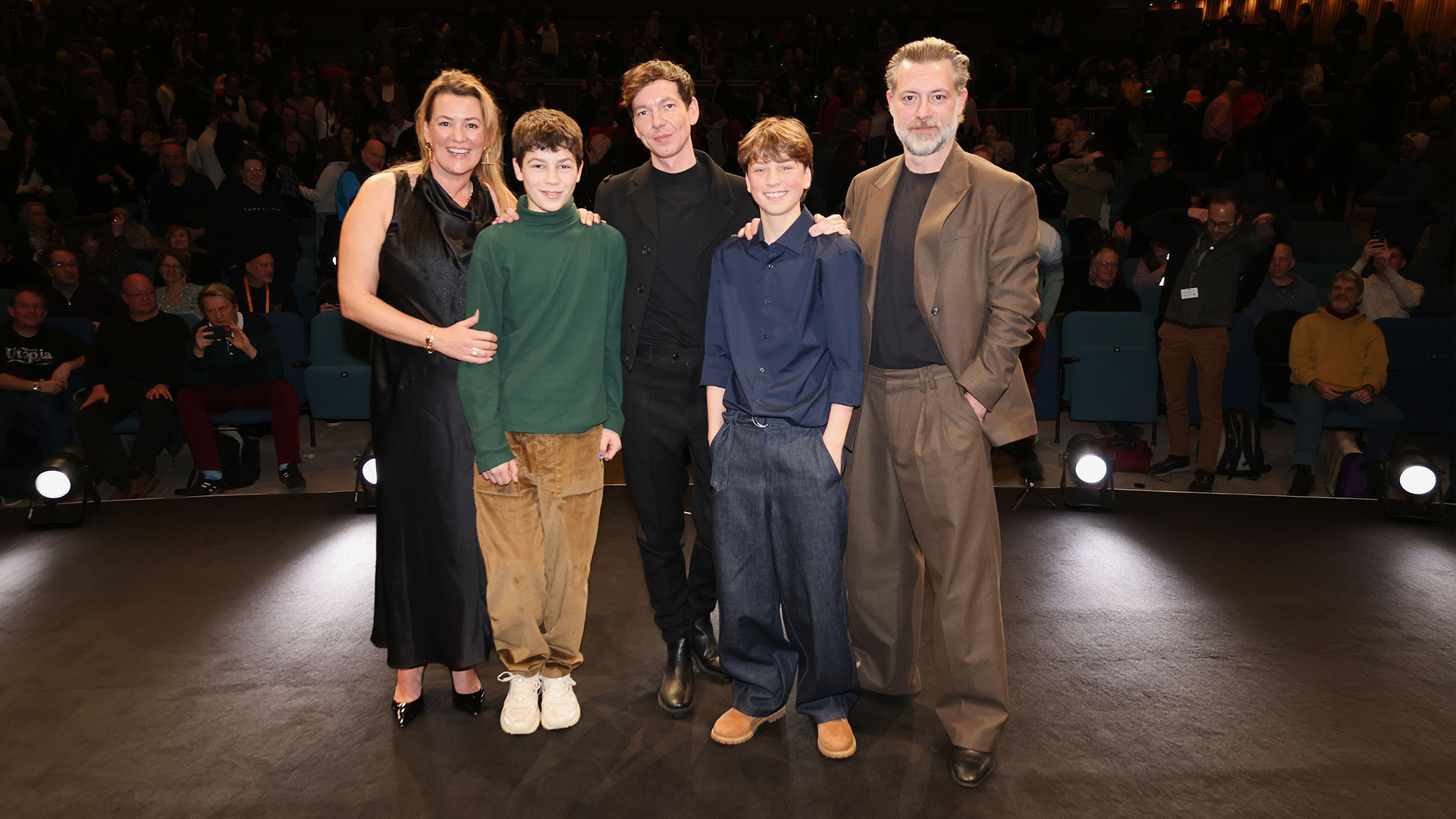
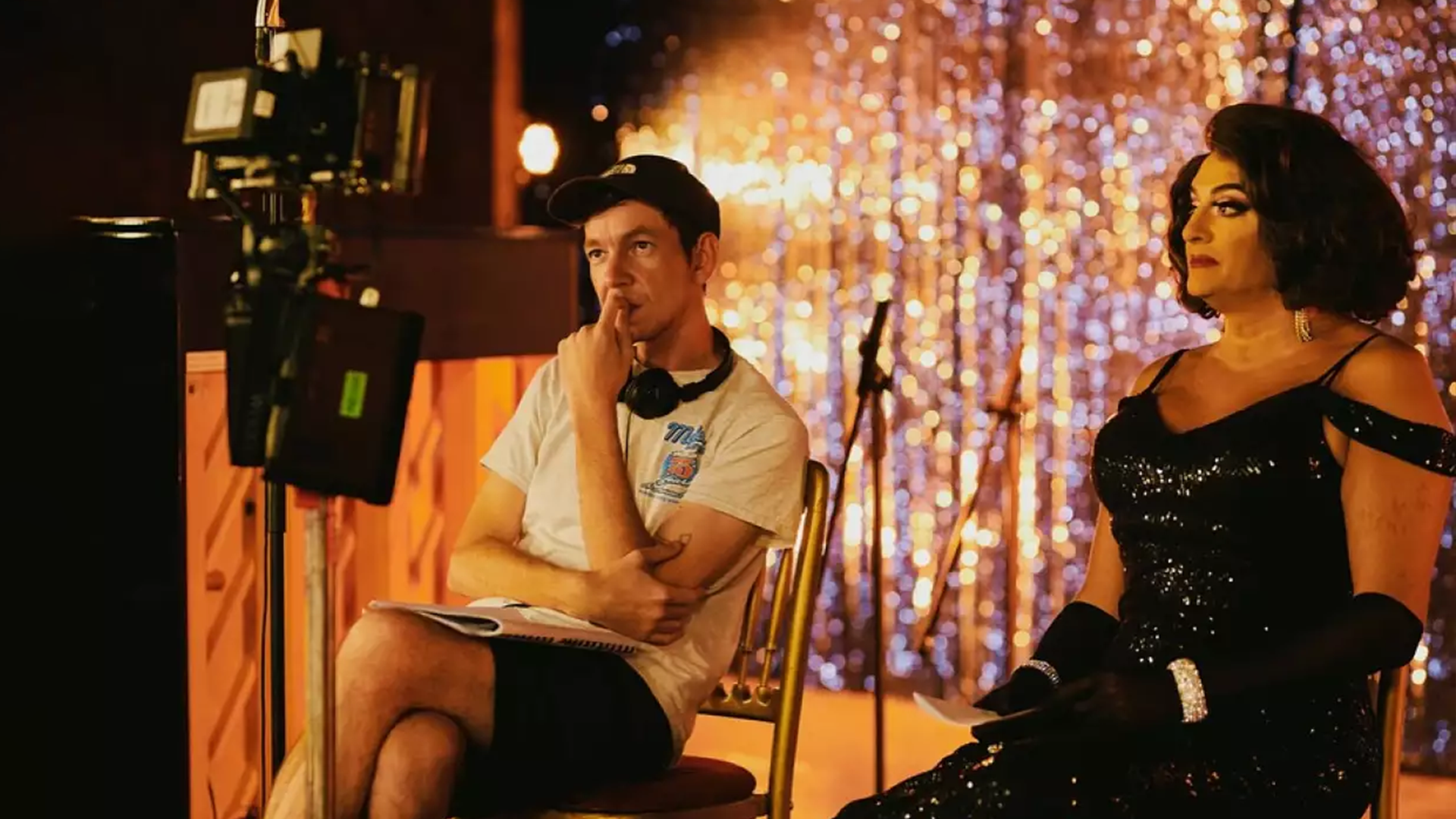
Q: The film’s ending feels deliberately hopeful. Why?
Anthony: Early drafts had the father less accepting. A few days before shooting, friends told me I was close to showing a utopian version, why not go all the way? If I want to give kids an example, I need to show them in every possible way that it is okay. So the father hugs his son. He will need time, but he will work on it.
Q: If this film starts one conversation in a family or classroom, what do you hope it is about?
Anthony: Acceptance, that love is universal and everyone deserves the chance to be themselves.
Q: Were you surprised by the film’s global reception?
Anthony: Completely. I made it for kids like me, but it has been embraced in many countries, even where gay rights are not recognised. I have met teenagers who finally felt seen and parents who realised they reacted the wrong way when their child came out. In some countries it is now mandatory viewing in schools. It has touched different generations and cultures, and I have heard many personal stories from around the world, including from people who were rejected by their families but found hope again after seeing it.
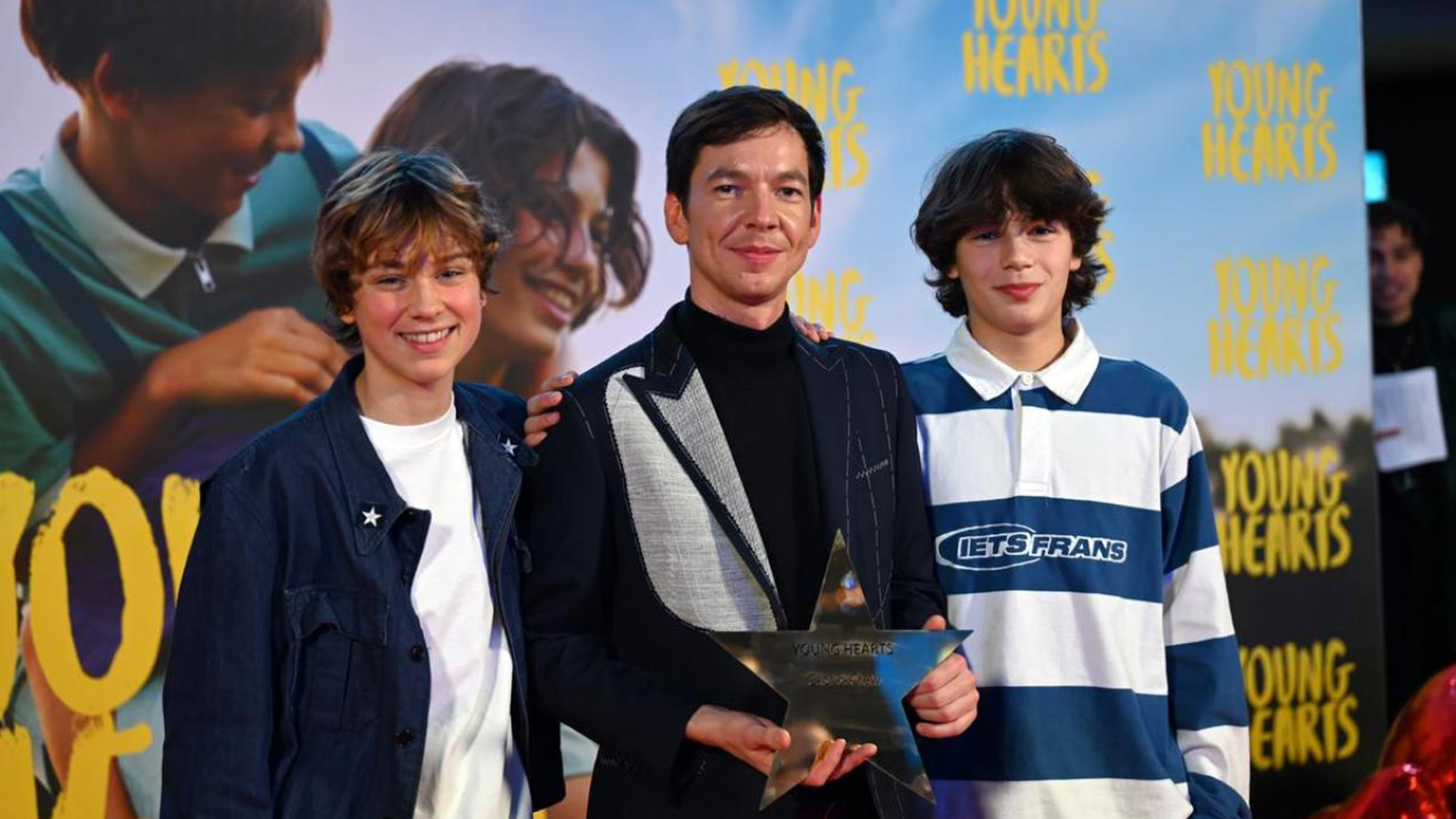
Q: Are you surprised by its deeper emotional impact?
Anthony: Yes. It has been overwhelming in a good way. I have met people who told me the film gave them the courage to talk to their parents, or parents who said it made them rethink how they reacted when their child came out. Those moments are the most rewarding.
Q: What made you want to become a filmmaker?
Anthony: I originally wanted to be an actor, but while studying drama in high school, I realised I had been directing since I was a kid, filming friends and writing scripts. Acting on professional sets made me see I preferred being behind the camera, shaping the story. Watching Titanic, Pearl Harbor and Moulin Rouge were defining moments. Making my short Kiss Me Softly confirmed that filmmaking was what I wanted to do.
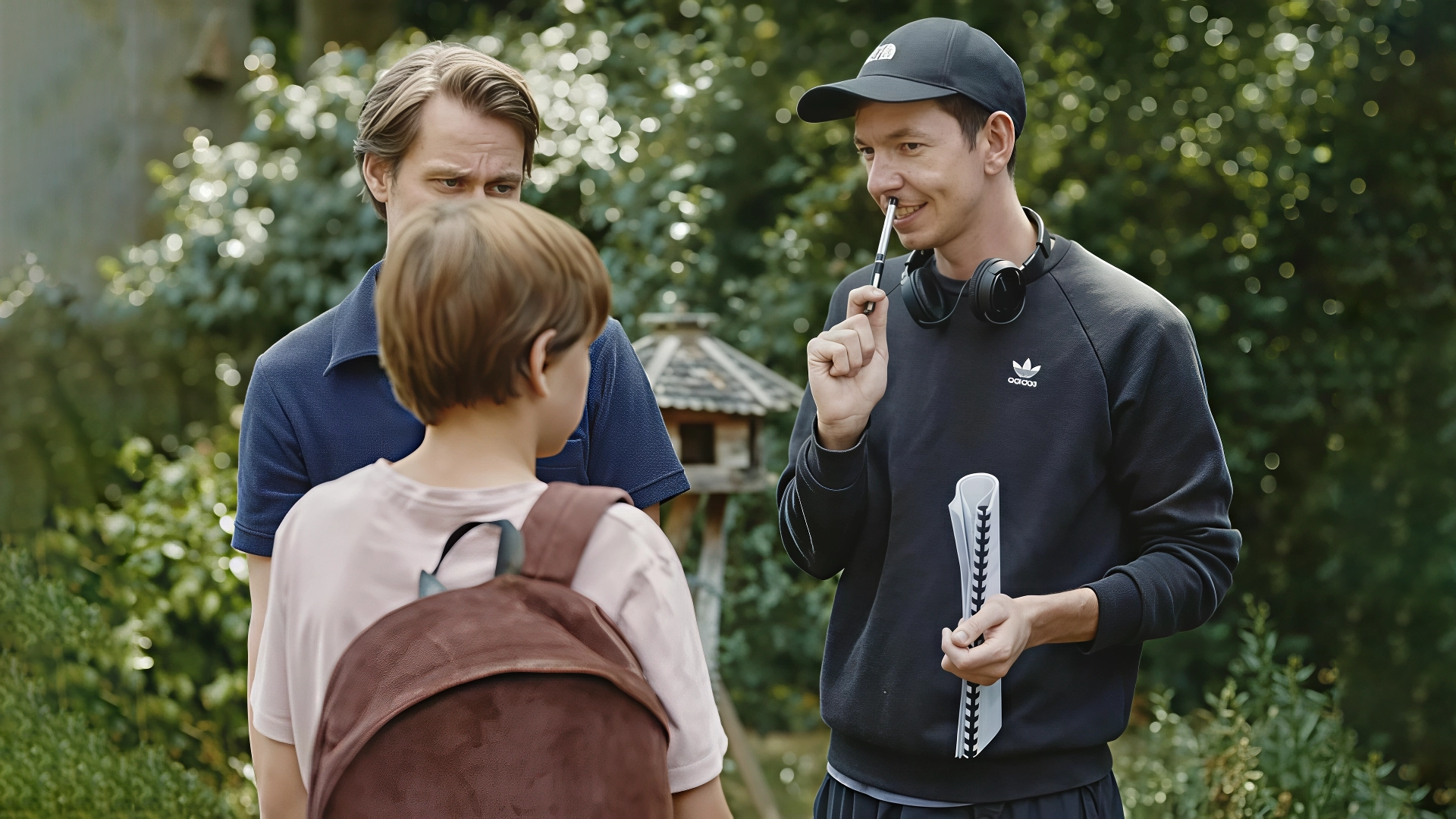
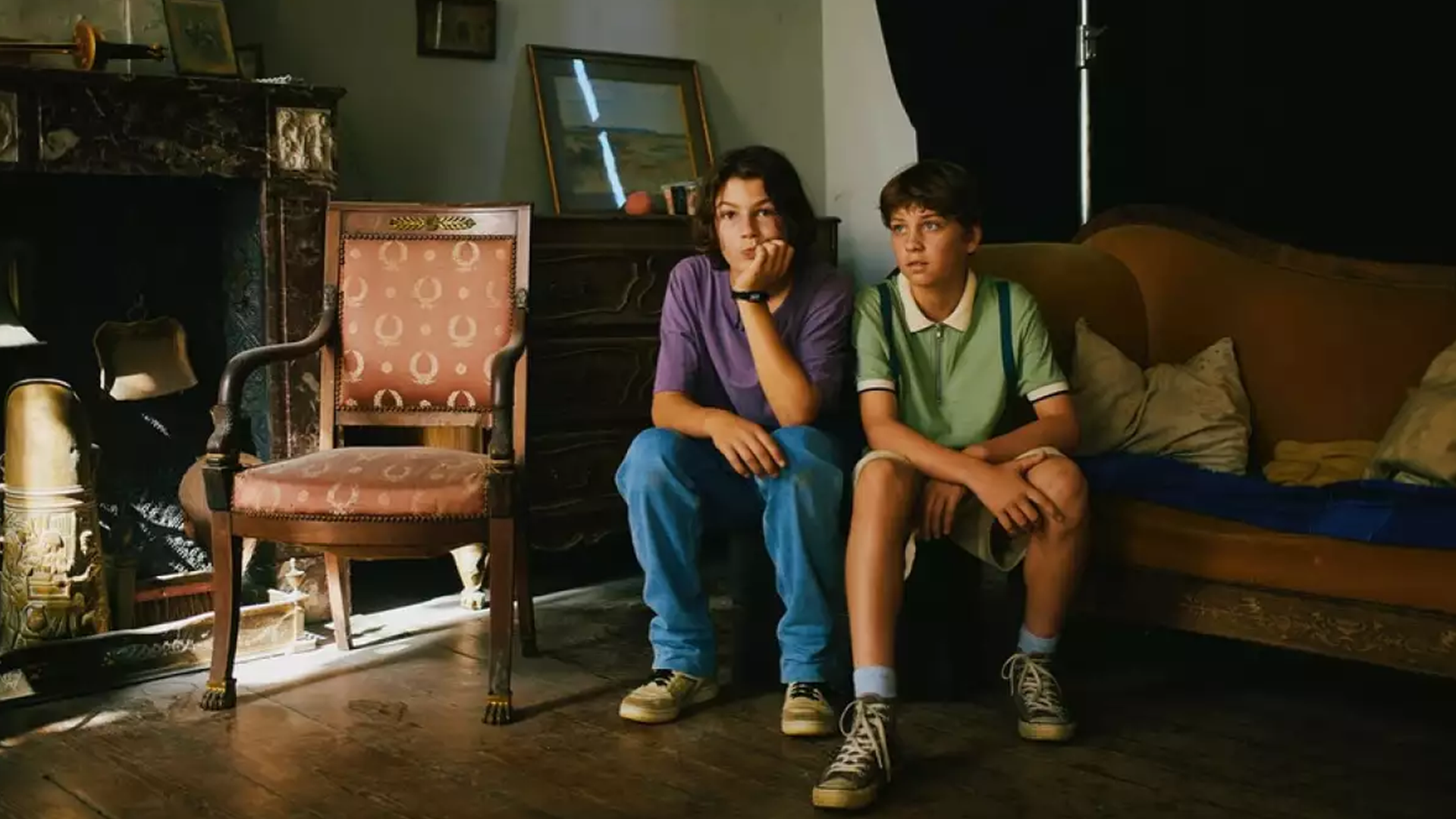
Q: Will there be a Young Hearts sequel?
Anthony: No. I do not want to ruin the dream of finding true love. My next film will be for the same generation a few years older. I also dream of making a musical one day.
The conversation closes with the advice his grandmother once gave him, now woven into the film.
Whenever you feel love, you have to go for it, because it can suddenly be taken away. Love is too precious to throw away.
Written by Lex Melony

Get weekly updates
.png)
Join Our Newsletter
Get a weekly selection of curated articles from our editorial team.

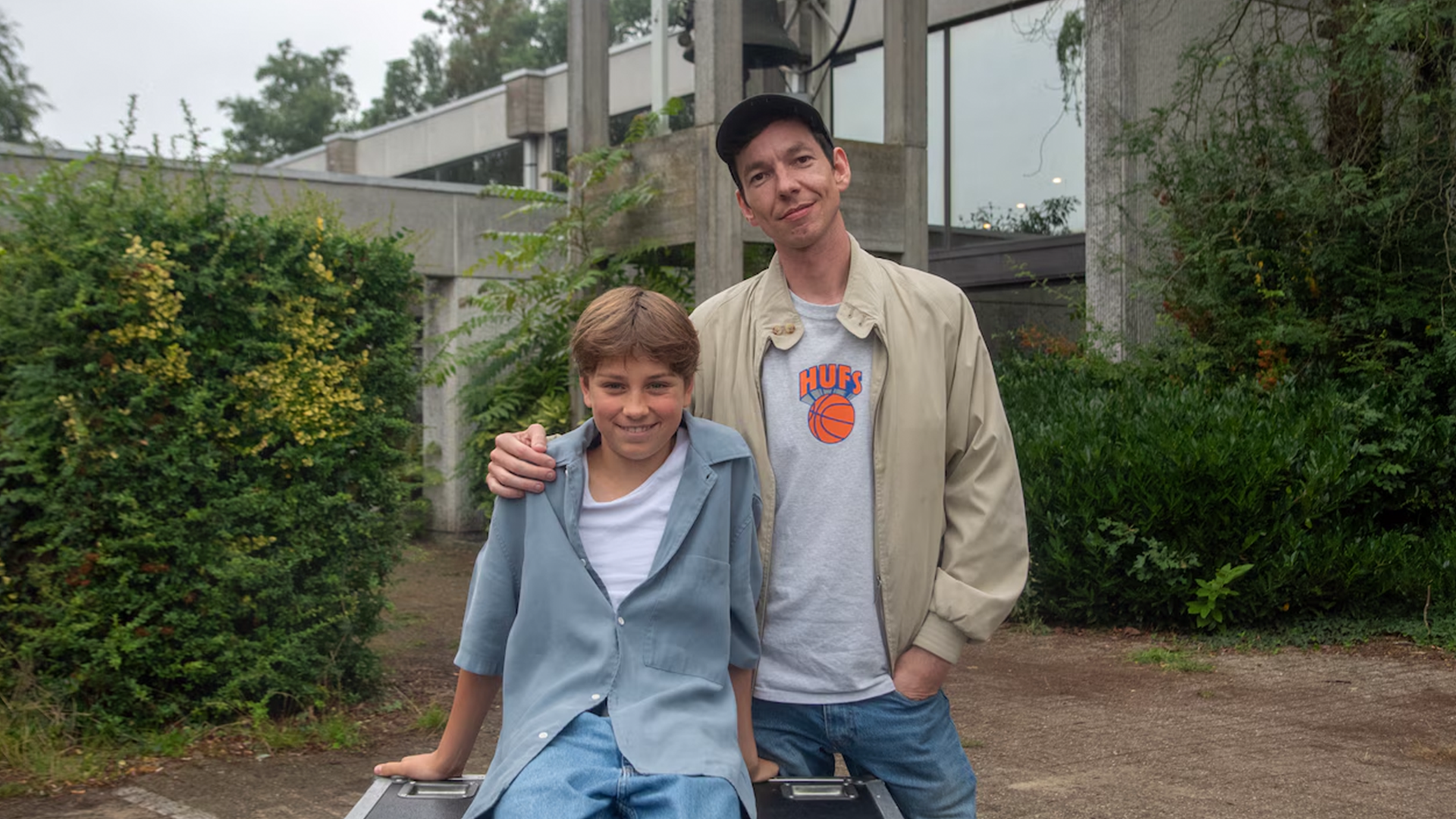


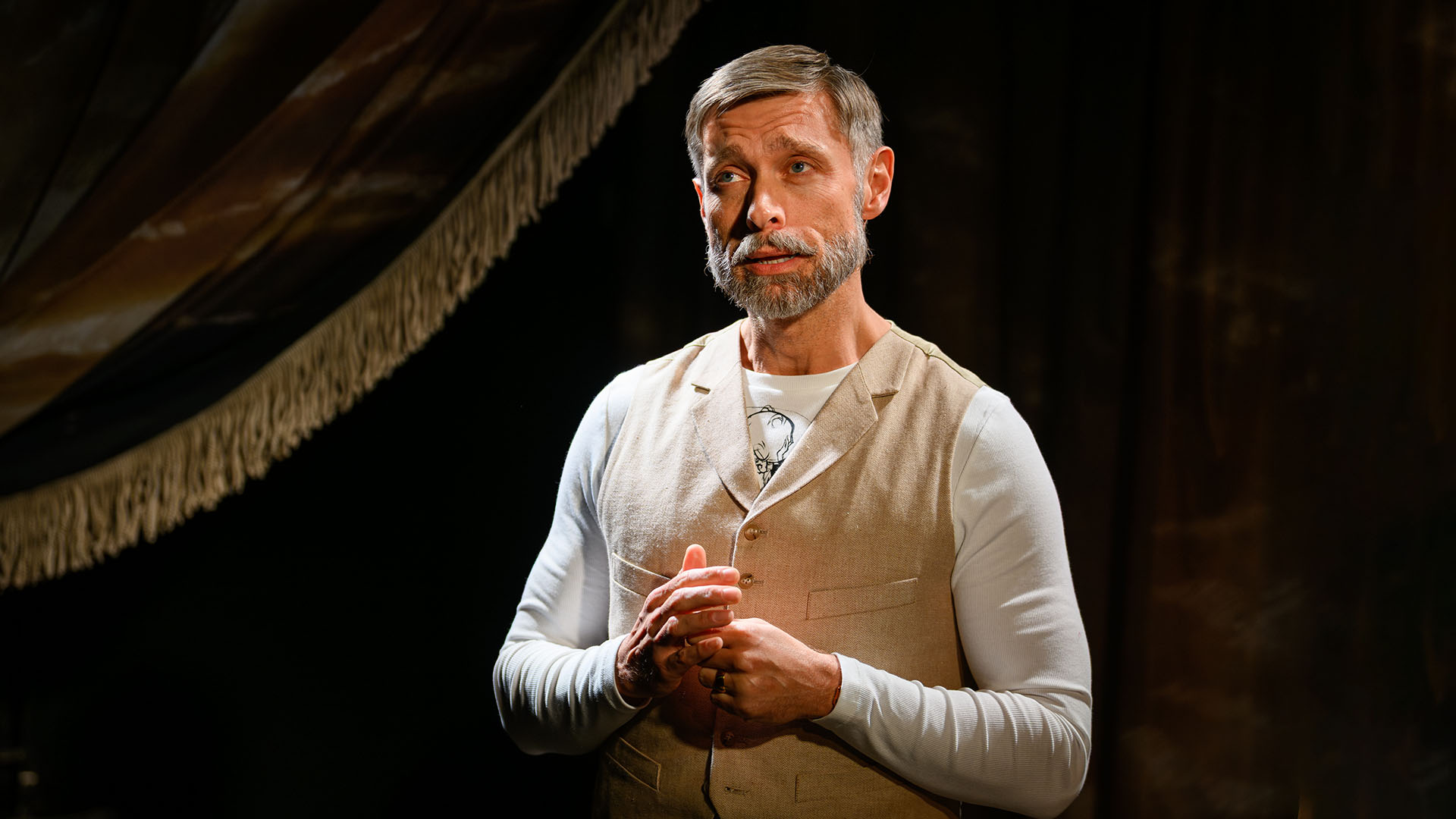
.svg)


